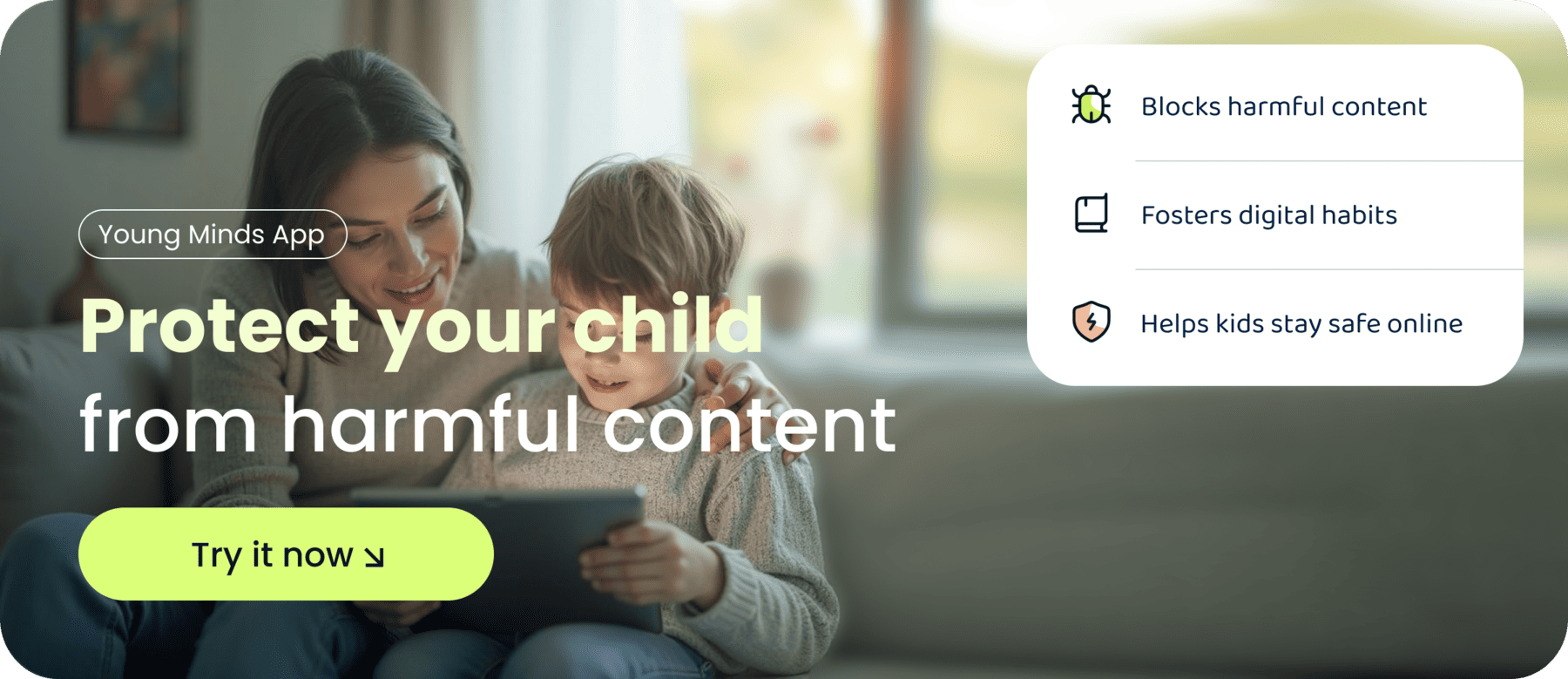A child’s online reputation starts earlier than most parents expect. From their first gaming profile or social media interaction to schoolwork shared online, every action leaves a digital footprint. These digital traces form a reputation that can influence friendships, wellbeing, and even future opportunities.
For parents, guiding children through this new reality is no longer optional, it’s essential.
What Is Online Reputation for Kids?
Online reputation is the way a child is perceived based on their activities online. This includes:
- Social media posts, likes, and comments
- Gaming usernames and chat behaviour
- Photos and videos shared publicly or privately
- School projects and presentations uploaded online
Children may not yet understand that online actions, even playful ones, can last for years. What seems funny today could be seen differently when applying to university or looking for a job.
Why Parents Should Care About Their Child’s Online Reputation
- Digital footprints are permanent – Deleted content may still exist through screenshots or archives.
- Future opportunities matter – Universities and employers increasingly check online profiles.
- Peer relationships are shaped online – A reputation can affect friendships and even trigger bullying.
- Safety is at stake – Oversharing can expose children to risks.
By helping children develop a healthy online reputation, parents protect not just their present—but their future.

Practical Tips for Parents to Support Online Reputation
1. Start Early
Introduce the idea of digital footprints as soon as your child receives their first device. Even young children can understand the difference between positive and negative online behaviour.
2. Encourage Kindness
Remind them that every comment, like, or emoji reflects on them. Just as words in the playground matter, words online leave a record.
3. Model Good Behaviour
Children learn by example. Share how you think before posting and explain why certain details (like location or private photos) shouldn’t be shared.
4. Review Together
Sit down with your child to go through privacy settings. Show them who can see their posts and explain why smaller circles of trusted friends are safer.
5. Discuss “What If” Scenarios
Talk about situations they might face online. For example: “What if a friend dares you to post something silly?” or “What if you see a mean comment about someone else?” Helping them think ahead builds resilience.
Why Online Reputation Is a Life Skill
An online reputation is more than just a collection of posts, it’s part of a child’s identity. Learning how to manage it is as vital as learning table manners or how to cross the street safely. With the right guidance, online presence becomes an opportunity to show kindness, responsibility, and confidence.
Supporting Parents on the Journey to Digital Confidence
At Young Minds, we believe protecting online reputation is about more than filters, it’s about skills that last. Our app equips children to become mindful digital citizens while giving parents the tools to support, not police.
Here’s how we help families:
- Safety with Understanding – Explaining why boundaries matter, not just enforcing them.
- Freedom That’s Earned – Teaching responsibility step by step.
- Habits Through Motivation – Using rewards and encouragement, not fear.
- Learning Through Doing – Interactive lessons to show how actions shape reputation.
- Building Trust – Shared dashboards and guided check-ins to keep parents involved without conflict.
At Young Minds, our mission is simple:
To help families raise confident, capable, and safe digital citizens—one choice at a time.
Parents Also Ask
What if my child posts something inappropriate?
Use it as a teaching moment. Talk about why it matters and who might see it. Encourage them to reflect before posting next time.
How can I monitor without feeling invasive?
Check in regularly, keep open conversations, and use tools that promote transparency rather than strict control.





